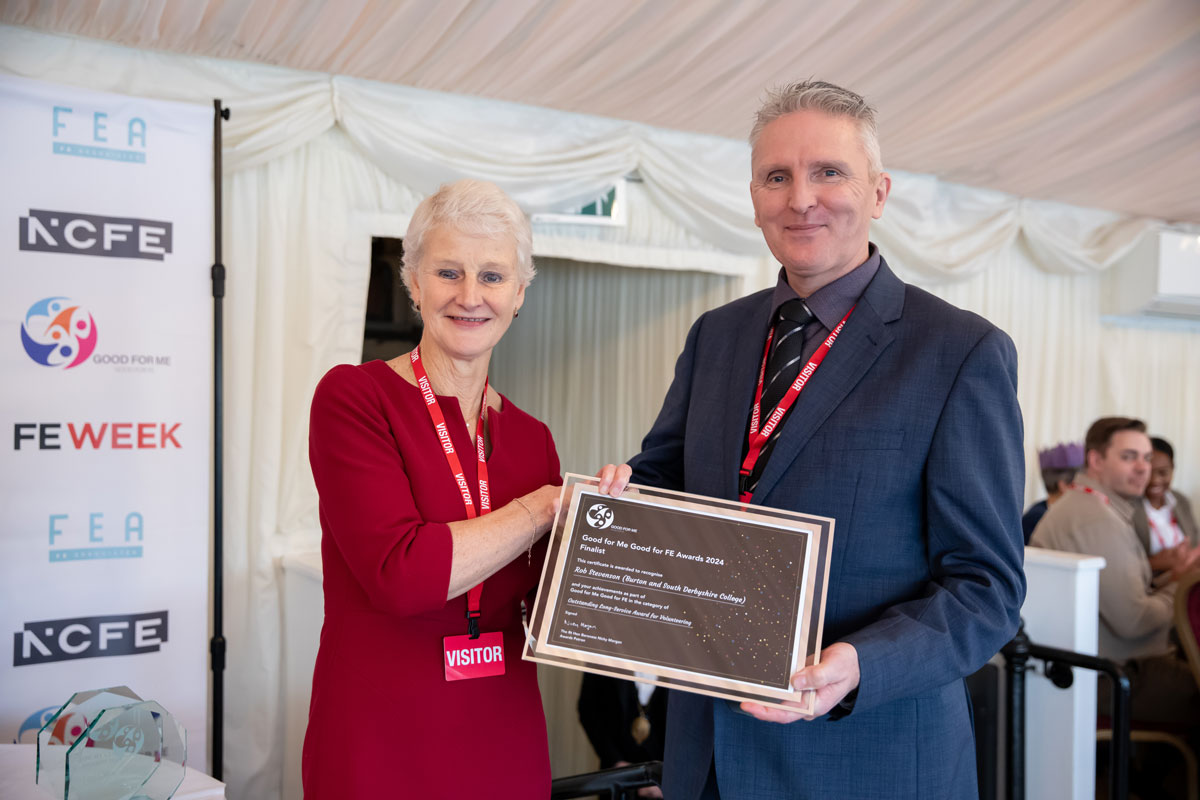London colleges inject £6.5m into green & digital skills training for up to 4m Londoners

Project now underway, giving up to four million learners access to specialist training
After securing £6.5 million of Government funding to deliver improved green and digital skills training, the roll-out of activity has now begun across a group of London further education and training providers.
The investment will see 23 further education providers in north east and south east London benefit from new state-of-the-art facilities, along with development of new courses and qualifications, new approaches for collaborative teaching, and digital and green skills training for staff.
It is being delivered to more effectively respond to the needs of employers in the Local London region, made up of nine London boroughs, and put local learners in the best possible position to secure jobs in the green and digital sectors.
The Local London Skills Network, led by London South East Colleges, successfully bid for the £6.5m as part of the Government’s Local Skills Improvement Fund. The partnership is made up of 23 collaborative delivery partners, with eight FE colleges, two Sixth Form colleges, three higher education providers, and a number of London Borough adult education and independent training providers.
Of the total fund, £3.6m has been carved out for delivering new green skills training facilities, including London’s first fully-funded windfarm operations training centre – which is now operational – retrofit centres and low carbon training labs.
An investment of approximately £1.5m has also been made to install a new digital network, which will connect up to 30 training sites across the London boroughs. This will enable specialist teaching at one site to be broadcast across the whole network, meaning thousands more students will be able to access specialist teaching and learning from a location that is most convenient for them.
This digital infrastructure, which should be installed by September 2024, will make the London college group one of the biggest collaborative networks of further education providers in the country, and significantly broadens access to learning for Londoners.
Examples of other capital projects the partnership is delivering, include:
·Retrofit training centres at London South East Colleges’ Holly Hill construction skills campus, Waltham Forest College, Newham College, and New City College
·A green construction training centre at Barking and Dagenham College
·A horticulture and land-based training centre at Capel Manor College
·A windfarm operations training centre at Capital City College
·Green and digital skills hubs at Redbridge Adult Education and Greenwich Adult Education Centres
·A virtual reality retrofit suite at Waltham Forest Adult Education Centre
Many of these hubs will be home to a “house in a box” training facility, equipped with all the technologies you’d find in an energy efficient home, including heat pumps and solar panels, so that learners can practise installation, commissioning and maintenance in a “live” environment.
Dr Sam Parrett CBE, CEO and Group Principal at London South East Colleges, comments:
“We’re really pleased to be rolling out the infrastructure across the Local London partnership group, which is going to facilitate collaboration to an extent not seen before among FE providers. The benefits to learners are huge, improving access, viability and efficiency. It means learners across all nine boroughs can access the best teachers and training, even if they live 45 miles away on the opposite side of London.
“Each College is also benefitting from investment into new, innovative hubs that allow learners to hone their practical skills in a controlled environment. These are skills that employers have told us they desperately need.”
London’s green economy is currently valued at £48 billion and is rapidly growing, making up approximately 5% of the workforce, while around one in five jobs in London are in the digital sector.*
Recent research from Local London revealed that, among employers in the sub-region, 27% report skills gaps in their existing workforce and 70% of those with hard-to-fill vacancies attribute that to skills shortages more widely











Responses